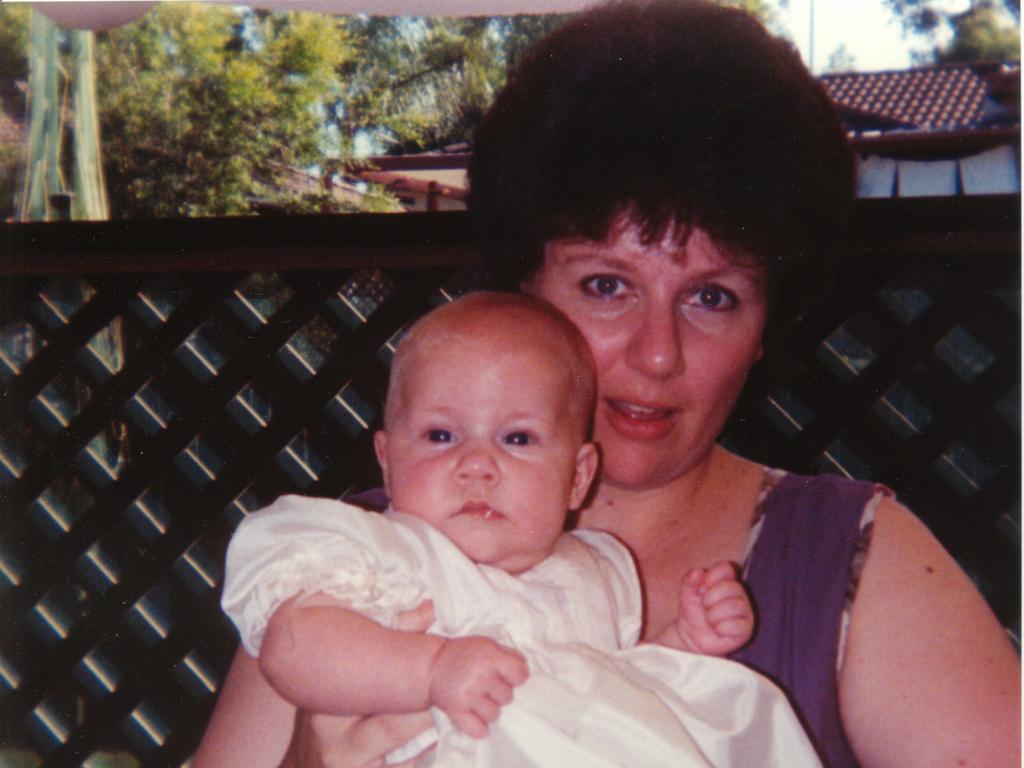Second inquiry into Kathleen Folbigg child killer convictions
NSW Attorney-General Mark Speakman directs another inquiry be held into the case of convicted child killer.

Convicted child killer Kathleen Folbigg will have her case heard by a second public inquiry in which new scientific evidence that her supporters say exonerates her of murdering her children will be tested by the legal system.
NSW Attorney-General Mark Speakman announced on Wednesday that an inquiry would be launched to investigate Folbigg’s case, following a concerted push by some of the nation’s eminent medical experts to overturn her convictions.
Folbigg is serving a 30-year prison sentence after a 2003 conviction for murdering three of her children, Patrick, Sarah and Laura, and for the manslaughter of firstborn Caleb over a 10-year period.
Last year, 150 medical and scientific experts, including Nobel prize laureates, called for her to be pardoned and released following the discovery that her two daughters carried a genetic mutation known as CALM 2 G114R.
Scientists believe the mutation, which is pathogenic, was responsible for the deaths of her children.
Mr Speakman said he had recommended NSW Governor Margaret Beazley open the inquiry after a scientific paper by 27 experts concluded the mutation could be “a reasonable explanation” for the deaths of Folbigg’s two daughters “by natural causes”.
He stopped short of pardoning Folbigg because the new evidence needed to be probed in the transparency of the legal system.
“I can well understand how some members of the public may shake their heads in disbelief about the number of chances Ms Folbigg has had,” Mr Speakman said.
“And why is it that the justice system has allowed someone who has been convicted of homicides, multiple homicides, yet another go?
“But the evidence clearly, in my view, reaches the necessary threshold for some kind of intervention.”
Prominent members of the Australian Academy of Science – many of whom signed the petition calling for her release – have criticised the decision not to pardon Folbigg, describing the outcome as “disappointing”.
“The evidence goes well beyond raising a reasonable doubt and instead provides the likely explanation for the natural deaths of Ms Folbigg’s children,” Australian Academy of Science fellow Carola Vinuesa said.
Mr Speakman said the new medical evidence amounted to “question or doubt”, which would be examined by the inquiry to be conducted by former NSW Supreme Court chief justice Tom Bathurst.
“Ms Folbigg’s lawyers have asked for a pardon, but I have recommended to the governor that a pardon not be granted because I don’t think it’s appropriate against a backdrop of what has happened, or fairness, of transparency, that there simply be a pardon,” Mr Speakman said.
“A pardon is not appropriate as the evidence does need to be tested, even if its protagonists say it’s compelling. It’s not appropriate that it be tested behind closed doors.”
In the case’s first public inquiry in 2018, former NSW District Court judge Reginald Blanch found that the evidence “reinforced” Folbigg’s conviction on grounds that “there had not been anywhere in the world where there had been more than three deaths from natural causes in the one family”.
Evidence of the mutation was presented to the inquiry but there was disagreement among the experts as to its role in the children’s deaths.
The second hearing will be the first in which the scientific paper on CALM 2 G114R will be examined.
Mr Speakman said no matter the outcome of the inquiry, the long path to justice had taken an unimaginable toll on Folbigg and her family, who had lived through “extraordinary tragedy”.
“It will weigh on all our shoulders the pain and suffering that the Folbigg family have been through,” he said.
“Especially Craig Folbigg, a man who has lost four children over a 10-year period and seen his wife convicted of their homicide and had to relive it all again through a public inquiry in 2018 and 2019.”






